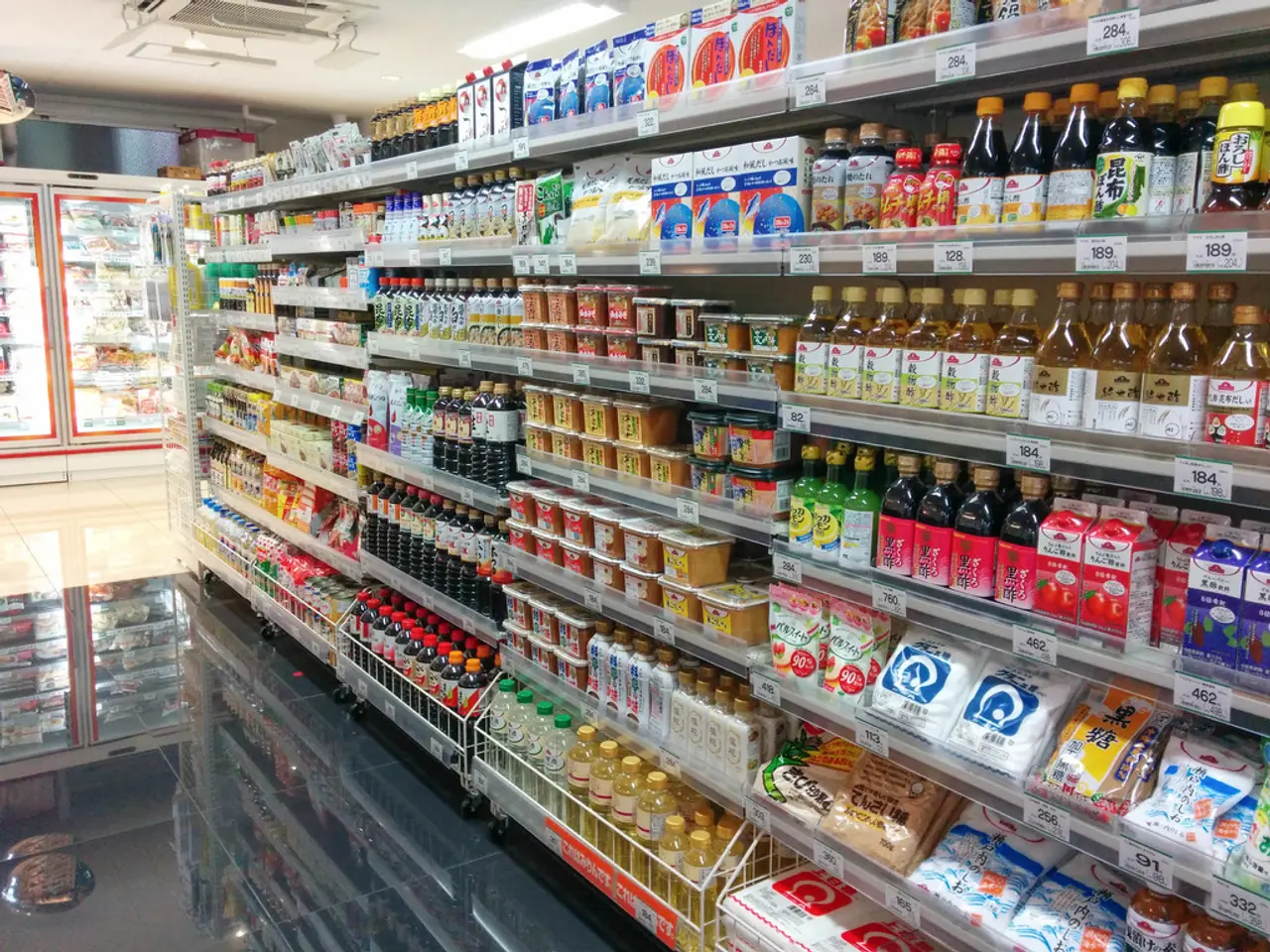Lidl Plus and other bonus programs are exposed by ZDF for manipulatively exploiting customers through shameless tactics.
In the latest episode of "DEALS" on ZDF, reporter Kaja Adchayan delves into the business model of popular loyalty programs like Payback, Lidl Plus, and others.
These loyalty schemes, designed to encourage increased customer spending and gather valuable data on shopping habits, have become a common feature in supermarkets such as Rewe, Lidl, Aldi, and others.
While customers may enjoy occasional discounts, personalized coupons, or small freebies, the strategic goal and greater financial benefit of these programs tend to accrue to the companies.
For instance, Lidl Plus offers member-only prices, weekly personalized coupons based on shopping history, and rewards for meeting spending targets, all aimed at incentivizing more frequent or higher-value purchases.
From the company perspective, these programs help increase customer retention, collect detailed consumer data, encourage higher spending, and drive exclusive deals or partnerships.
However, the savings for customers, like 0.3% on a basket of items, tend to be relatively modest compared to the additional revenue and data companies gain. Customers save an average of 1.2% when using programs like Payback, Lidl Plus, and others, but the value often depends on how much the customer shops there and whether they systematically use the offers.
Supermarkets like Rewe, Lidl, Aldi, and others collect personal customer data in exchange for using bonus programs like Payback, Lidl Plus. This data is used to adjust offerings to outdo the competition and cater to customer preferences.
In the documentary, Kaja Adchayan conducts a self-test, interviews experts, and ultimately confronts Payback with her findings. The documentary, now available in the media library, shows how the business model of bonus programs works and who really profits.
It's important to note that the largest bonus program in Germany is Payback, with a total of 34 million users. This underscores the widespread adoption and impact of these loyalty schemes.
In conclusion, while customers receive some tangible perks, the strategic goal and greater financial benefit of bonus programs accrue to the companies by boosting sales volume, collecting valuable data, and promoting brand loyalty. Customers benefit, but usually to a lesser degree and mainly if they actively engage with the program.
[1] Source: ZDF's "DEALS" documentary on the business behind bonus programs like Payback, Lidl Plus, and others.
The loyalty programs, such as Payback, Lidl Plus, and others popular in supermarkets like Rewe, Aldi, and Lidl, are primarily designed to benefit the companies by increasing sales volume, collecting valuable consumer data, promoting brand loyalty, and driving exclusive deals or partnerships. However, the savings for customers tend to be relatively modest and often depend on their level of engagement with the program.
These programs, while offering occasional discounts and personalized coupons, are designed to gather data on shopping habits to assist companies in adjusting their offerings to outdo the competition and cater to customer preferences in the retail and finance industries.




